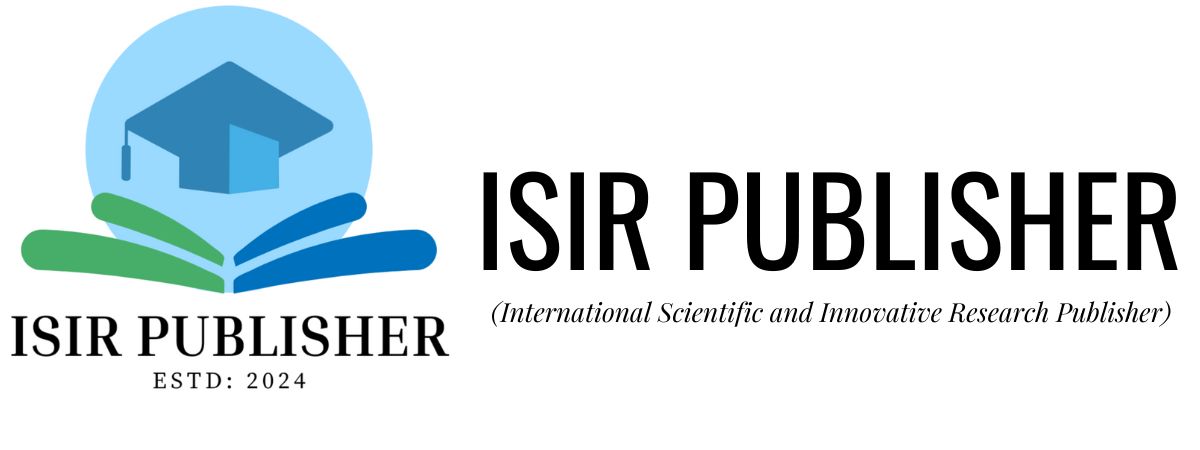The Role of Substituting Workforce to Innovative Technology and its Impact on Employee Displacement, Employee Well-Being and Employee Up-Skilling in Service Industry, UAE
BY
Pityus Mutawu1, Noor Un Nisa2
1,2Exeed College, Westford Education, Sharjah
Abstract
This study attempts to develop a practical understanding of the role of substituting workforce to innovative technology and its impact on employee displacement, employee well-being, and employee up-skilling in service industry, UAE. The introduction of AI has led to a paradigm shift in how service industries operate and deliver value to customers. However, this shift towards innovative technology-driven processes has brought insecurity questions concerning the role of the workforce in this evolving landscape such as job loss, negative employee well-being, and employee displacement. The aim of study was to identify the negative impacts of innovative technology (AI) in the service industry in the UAE. Quantitative research framework used to gather and analyze data. Survey research was used as a strategy, questionnaires was used a data collection tool, quantitative was used as a data method. Sample size of 65 participants from service industry. The research revealed significant negative effects of implementing AI in the service industry, including employee displacement, a rise in unemployment rates, and a decline in employee well-being due to job insecurity, mental health problems, and social instability. Additionally, employees are facing difficulties in staying relevant to AI due to limited financial resources to fund their AI courses or up-skilling programs.
Keywords: Innovative Technology or Artificial Intelligence, Employee Displacement, Employee Well-Being and Employee Up-Skilling.
Contact Us
- +918822369091
- [email protected]
- Karaiguri, Hojai, Assam 782440 (India)
Departments
Arts
Sciences
Education
Engineering
Management
Quick Links
About Us
Site Maps
Certificate
Experience
Success Story
Open Access License
This work is licensed under a Creative Commons Attribution-NonCommercial 4.0 International License.
© 2024 ISIR Publisher. All Rights Researved

